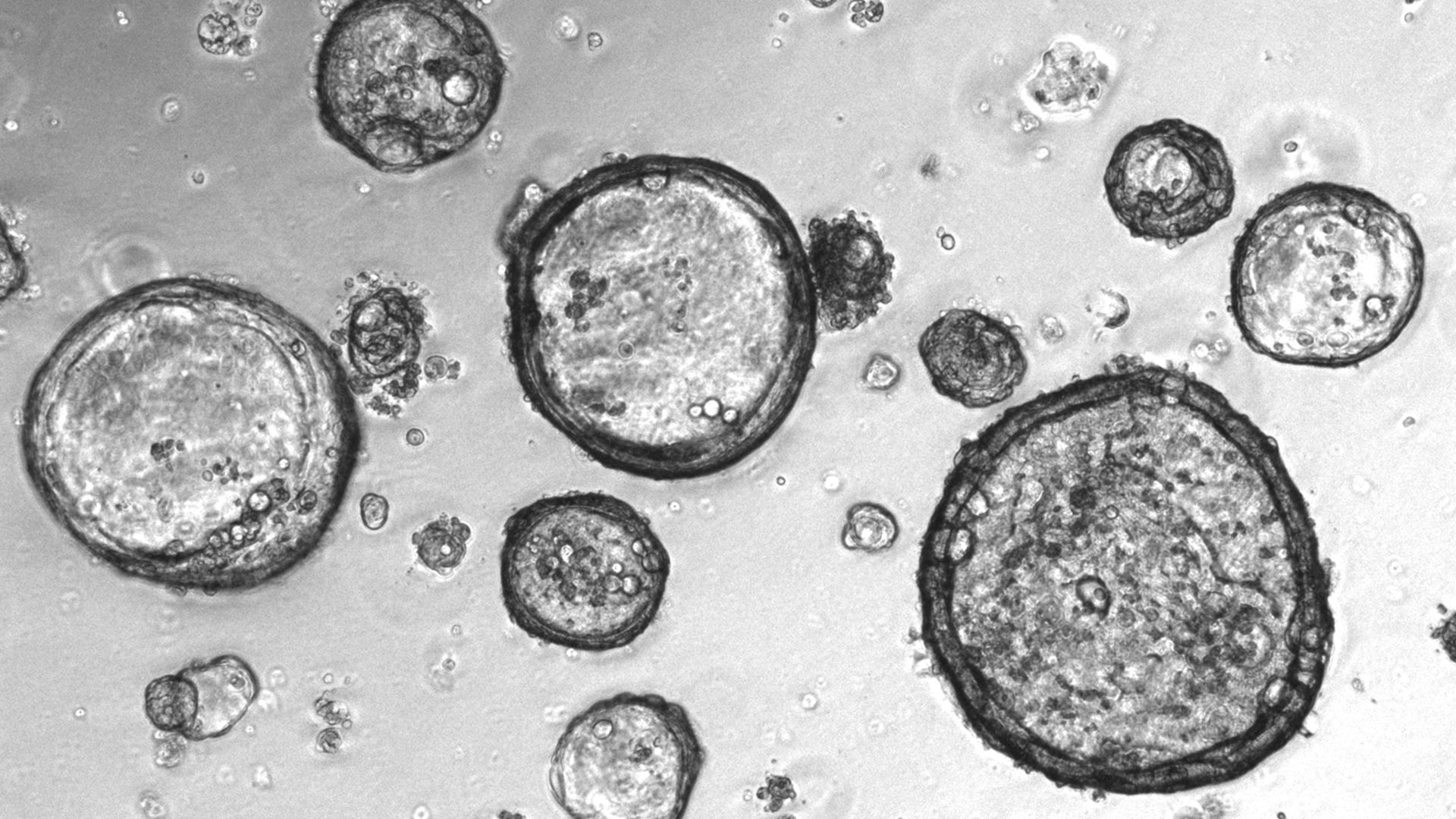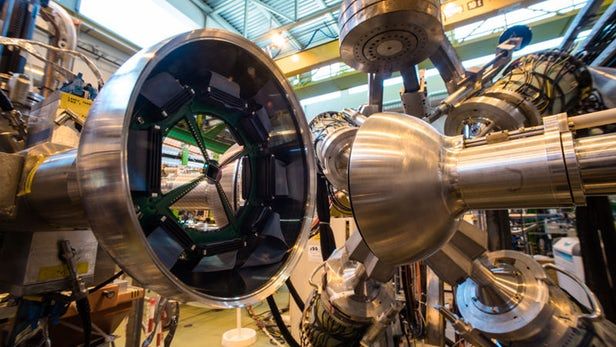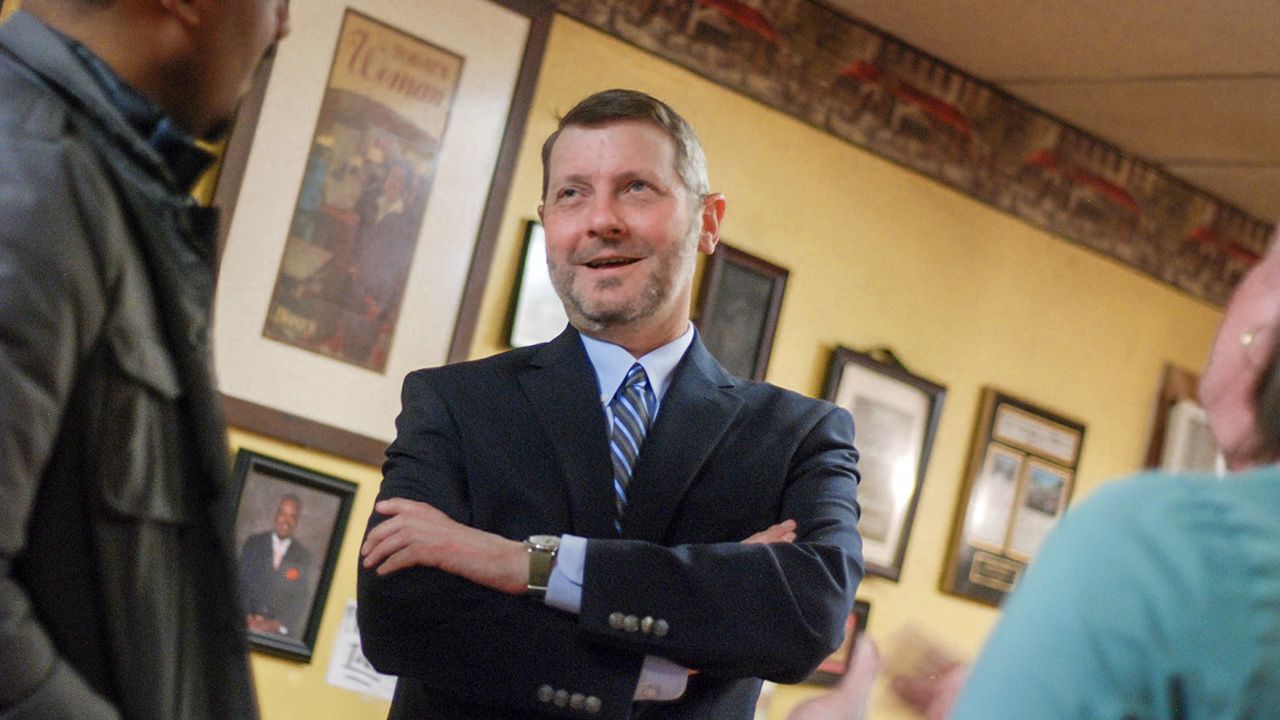Page 10203
Feb 23, 2018
Mini lab-created organs successfully check cancer treatments
Posted by Genevieve Klien in category: biotech/medical
Feb 23, 2018
Laptops with 5G connectivity coming next year
Posted by Genevieve Klien in categories: computing, internet
Intel partners with Microsoft, Dell, HP, and Lenovo.
Intel has partnered with four major PC makers to bring 5G technology to laptops by the end of next year.
The chip giant is working with Microsoft, HP, Dell, and Lenovo to bring 5G connectivity to PCs with Intel’s XMM 8000 series modems.
Continue reading “Laptops with 5G connectivity coming next year” »
Feb 23, 2018
Bioquark Inc. — Life After Death Technologies — Nation Swell
Posted by Ira S. Pastor in categories: aging, bioengineering, biotech/medical, cryonics, futurism, genetics, health, life extension, science, transhumanism
Feb 23, 2018
Bioquark Inc. — Good Men Project — Ira Pastor
Posted by Ira S. Pastor in categories: aging, bioengineering, biotech/medical, DNA, genetics, health, life extension, neuroscience, science, transhumanism
Tags: anti-aging, bioquark, biotech, health, healthspan, immortality, lifespan, longevity, reanima, regenerage, regeneration, wellness
Feb 23, 2018
How ‘Cultural Evolution’ Can Give Us the Tools to Build Global-Scale Resilience
Posted by Klaus Baldauf in category: evolution
There’s an unsettling premise at the heart of Joe Brewer’s life’s work.
Brewer is a change strategist dedicated to ensuring a thriving global civilization exists 100 years from now—and he believes this is becoming less likely every year. There’s rising instability in our fragile and rapidly changing biosphere, he says, and society is unlikely to escape harm.
“We are going through a period of planetary change, and there is a collapse dynamic that’s already happening. The global scale social complexity we have today is at risk, and we may lose it,” he told me in a conversation for Singularity Hub.
Continue reading “How ‘Cultural Evolution’ Can Give Us the Tools to Build Global-Scale Resilience” »
Feb 23, 2018
CERN scientists get antimatter ready for its first road trip
Posted by Klaus Baldauf in categories: climatology, cosmology, particle physics
Antimatter is notoriously tricky to store and study, thanks to the fact that it will vanish in a burst of energy if it so much as touches regular matter. The CERN lab is one of the only places in the world that can readily produce the stuff, but getting it into the hands of the scientists who want to study it is another matter (pun not intended). After all, how can you transport something that will annihilate any physical container you place it in? Now, CERN researchers are planning to trap and truck antimatter from one facility to another.
Antimatter is basically the evil twin of normal matter. Each antimatter particle is identical to its ordinary counterpart in almost every way, except it carries the opposite charge, leading the two to destroy each other if they come into contact. Neutron stars and jets of plasma from black holes may be natural sources, and it even seems to be formed in the Earth’s atmosphere with every bolt of lightning.
Feb 23, 2018
Meet the scientists running to transform Congress in 2018
Posted by Derick Lee in category: government
But first, science candidates must win their races. Most face long odds. For starters, voters may be impressed by a candidate’s scientific credentials, but such background is rarely a decisive factor when they go to the polls. In addition, most of this year’s STEM candidates are political novices who are starting out far behind their opponents when it comes to knowing how to run a professional campaign.
House races feature unusual upsurge in entrants with technical backgrounds.
Feb 22, 2018
Do you see what I see? Researchers harness brain waves to reconstruct images of what we perceive
Posted by Paul Gonçalves in category: neuroscience

A new technique developed by neuroscientists at the University of Toronto Scarborough can, for the first time, reconstruct images of what people perceive based on their brain activity gathered by EEG.
The technique developed by Dan Nemrodov, a postdoctoral fellow in Assistant Professor Adrian Nestor’s lab at U of T Scarborough, is able to digitally reconstruct images seen by test subjects based on electroencephalography (EEG) data.
Feb 22, 2018
Would an ethical government surrender control of monetary policy?
Posted by Philip Raymond in categories: bitcoin, cryptocurrencies, economics, government, internet
Godfrey Bloom is a member of the British Parliament. His in-your-face style of educating and shocking his peers has made him a controversial politician. He has occasionally been escorted out of the assembled parliament because of his rowdy rhetoric.
Consider the video below. Bloom offers a critical, but simple and clear explanation of the Fractional Reserve banking system used in the US and Europe. This gets to the heart of the matter! [continue below video]…
Conclusion (mine, and not Mr. Bloom’s): It is in the interest of governments to use a form of money that they cannot manipulate, print, spend, hide or lend without first earning, taxing or legitimately borrowing — and then balancing the books, openly.
Continue reading “Would an ethical government surrender control of monetary policy?” »















